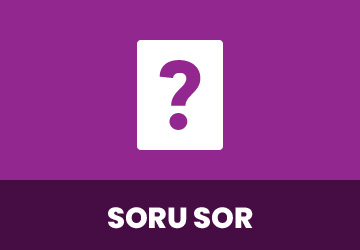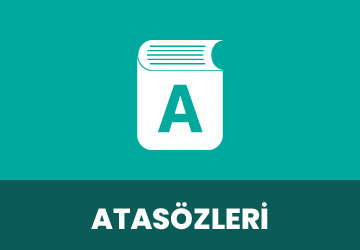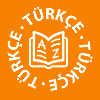
9. Sınıf İngilizce Hazırlık Ders Kitabı Cevapları Sayfa 128


9. Sınıf İngilizce Hazırlık Ders Kitabı Sayfa 128 Cevapları Meb Yayınları‘na ulaşabilmek ve dersinizi kolayca yapabilmek için aşağıdaki yayınımızı mutlaka inceleyiniz.
9. Sınıf İngilizce Hazırlık Ders Kitabı Cevapları Sayfa 128
Reading
a. Work in groups. Discuss the following questions with your partners.
1. What kind of behaviour in social media disturbs you most? Do you think it is cyberbullying? Why/Why not?
2. What do you do when you come across that kind of behaviour?
DANGER BEHIND THE SCREEN
We know that precious Generation Z, which is so much into the Internet and social media, is a cautious group of teens. They avoid risky behaviours and incline to safety. That’s why they prefer peer-to-peer social media and instant messaging apps, and they choose to have anonymous accounts so they can share their experiences freely. Despite their guarded manner of using the Internet, they cannot stay safe. There is one big danger coming from their peers: cyberbullying. Cyberbullying is the act of harassment using technology to threaten, humiliate and belittle others. It includes repeated and hostile behaviours such as starting rumours about a person, posting embarrassing things on social media or sending unwanted text messages, all of which hurt feelings. Bullies use any means, chat rooms, forums, YouTube channels, online gaming, social media sites, and they have numerous tactics leaving no safe place on the Net. Moreover, cyberbullies are not as easy to stop as traditional bullies because of the anonymous and instant nature of the Internet. Once they hit the enter key, online comments are posted and they can reach an unlimited number of people. The effects of cyberbullying can be devastating at the end, yet they may not be observable at first. Threatening messages cause significant distress and worries; posts which contain sensitive information makes children feel humiliated; starting cruel rumours, gossip and false assertions damage their reputation and friendships. All these may lead to a state where the child doesn’t want to go to school, becomes introvert and loses self-esteem. When we take a look at the numbers, they show how serious the situation is. Nearly 43% of the kids say they have been bullied online; 70% say they witness it frequently; 90% of teens who have seen bullying say they have ignored it and the worst of all, only 1 in 10 victims say they have informed a parent or a teacher. Given these facts, adults should teach children how to protect themselves. The first step of self-protection is sharing no personal information online. Staying away from fake accounts, blocking and reporting the person doing cyberbullying are the next things to do. The most important part is communication, as always, explaining the situation to an adult. As for the parents and teachers, they should be aware of the changing behaviour of the child and when they recognise the symptoms, they should try to start a healthy dialogue with the child. Being at the beginning of the Digital Era, we will surely face new issues arising from the excessive use of the Internet and social media. We should be prepared to them and never forget the fact that communication is the key to all our problems.
- Cevap:

9. Sınıf Meb Yayınları İngilizce Hazırlık Ders Kitabı Sayfa 128 Cevabı ile ilgili aşağıda bulunan emojileri kullanarak duygularınızı belirtebilir aynı zamanda sosyal medyada paylaşarak bizlere katkıda bulunabilirsiniz.












































